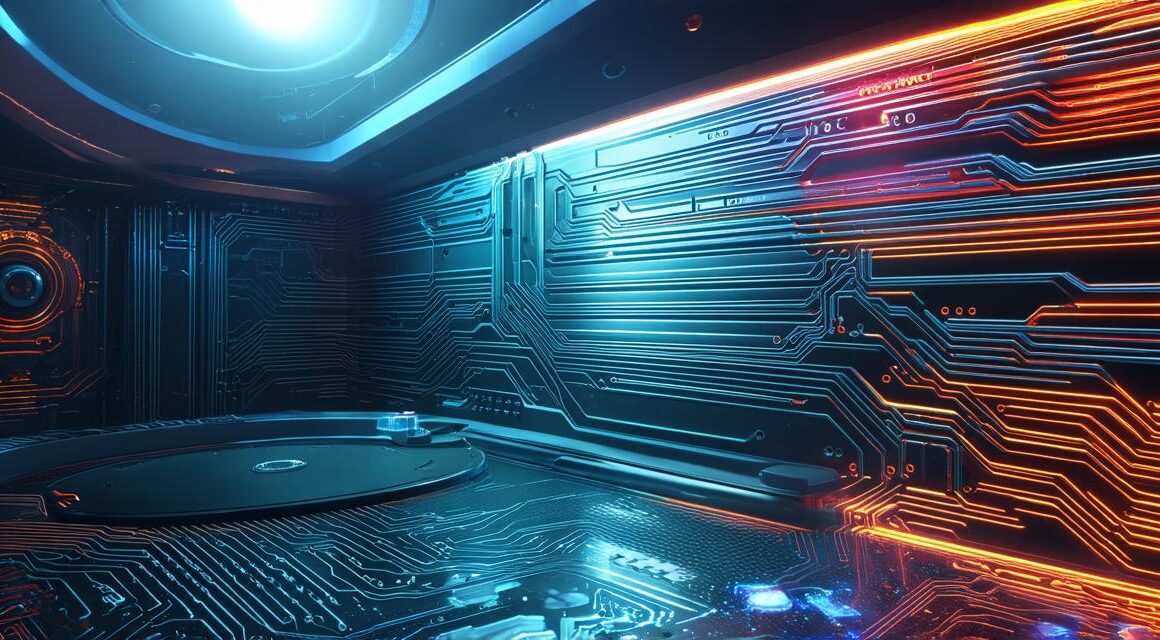Unity 3D is a popular game engine that allows developers to create interactive and immersive games for various platforms. It has become the go-to platform for game development due to its user-friendly interface, extensive support, and a large community of developers.
Getting Started with Unity 3D:
Before diving into game development, it is important to have some programming knowledge. Unity supports several coding languages such as C and JavaScript. If you are new to programming, we recommend starting with C as it has a large community of developers and extensive documentation. Once you have basic programming skills, you can download and install Unity from the official website.
Creating Your First Game:
Once you have installed Unity, the first step is to create your game world. Unity provides various tools for creating a 3D environment such as terrain creation, object placement, and animation. You can start by creating a simple scene with basic objects like trees, rocks, and a camera. Once you have created the basic elements of your game, you can add more complexity by introducing characters, enemies, and other interactive elements.
Using Unity’s Built-in Features:
Unity comes with several built-in features that can help you create engaging games quickly and easily. For example, Unity has a physics engine that allows you to create realistic game mechanics such as gravity, collisions, and rigidbodies. You can also use Unity’s animation tools to create realistic character movements and actions. Additionally, Unity provides several audio features such as sound effects and music, which can enhance the overall experience of your game.
Optimizing Your Game for Performance:
One of the most important aspects of game development is optimization. You want your game to run smoothly on different devices and platforms. To optimize your game, you need to consider several factors such as the complexity of your graphics, the size of your assets, and the performance of your code. Unity provides several tools for profiling and optimizing your game such as the Profiler Window and the Performance Monitor.
Creating Multiplayer Games:
Multiplayer games are becoming increasingly popular, and Unity provides several features for creating multiplayer experiences. Unity supports network programming, which allows you to create games that can be played by multiple players online or over a local network. You can also use Unity’s built-in networking features such as Photon, which allows you to create games with real-time multiplayer capabilities.
Real-Life Examples of Unity Games:
There are many successful games created using Unity. For example, “Angry Birds” and “Temple Run” are both games that were developed using Unity. These games showcase the versatility and power of Unity as a game engine.
Conclusion:
Unity 3D is a powerful tool for creating engaging games. With its user-friendly interface, extensive support, and a large community of developers, it has become the go-to platform for game development. By following the steps outlined in this article, you can create your own games using Unity and join the ranks of successful game developers. Remember to optimize your game for performance, use Unity’s built-in features, and consider creating multiplayer experiences to make your game even more engaging.
FAQ:
Q: What programming languages does Unity support?
A: Unity supports several programming languages such as C and JavaScript.
Q: Can I create games for different platforms using Unity?
A: Yes, Unity allows you to create games for various platforms including Windows, macOS, Linux, iOS, Android, web, and consoles.
Q: How can I optimize my game for performance?
A: You can optimize your game by considering several factors such as the complexity of your graphics, the size of your assets, and the performance of your code. Unity provides several tools for profiling and optimizing your game such as the Profiler Window and the Performance Monitor.
Q: Can I create multiplayer games using Unity?
A: Yes, Unity provides several features for creating multiplayer experiences including network programming and built-in networking features such as Photon.



